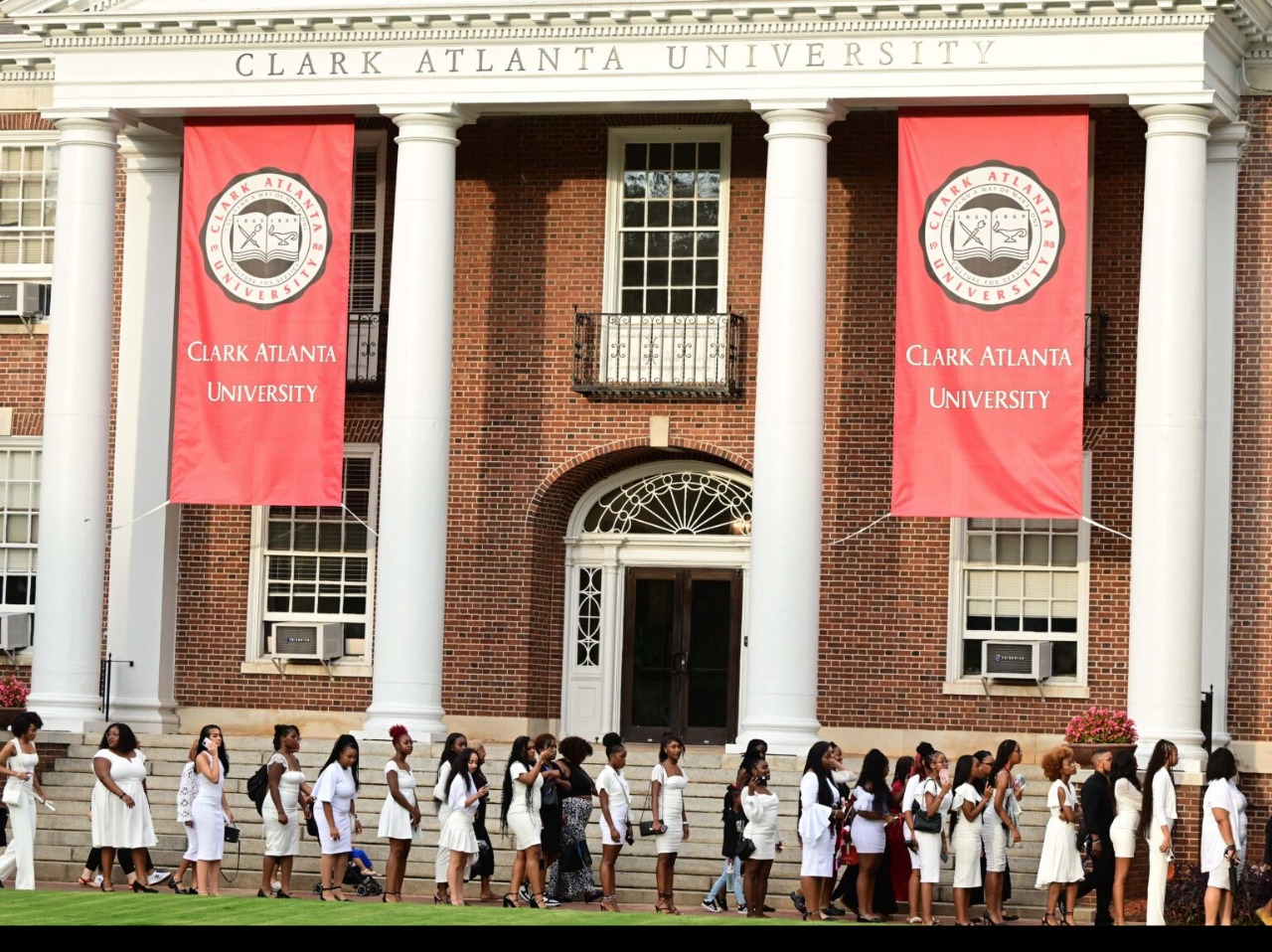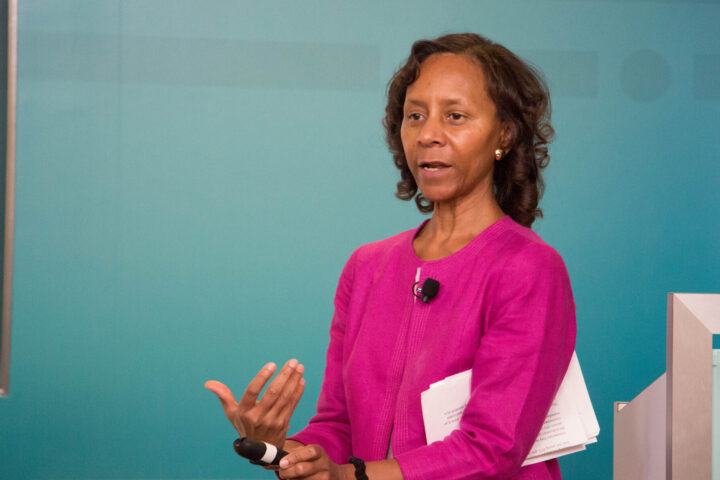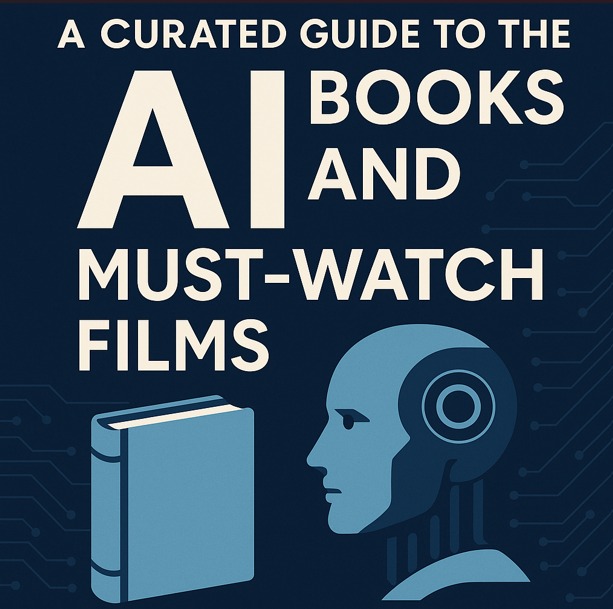By: Lexx Thornton
Clark Atlanta University is a private, Methodist, historically black research university in Atlanta, Georgia. It was founded on September 19, 1865, originally as Atlanta University. It was the first HBCU in the Southern United States.
Notable alum stretch from American civil rights activist and Baptist minister Ralph Abernathy to American actress, fashion model, and television personality Eva Marcille. Producing excellence is what Clark Atlanta does, now they are on a mission to create a project known as the AI Hub at CAU. It purports to find latent talent at CAU and other HBCUs, addressing the underrepresentation of African Americans in AI research and education.
“The mission of the grant aligns with the Faculty Training Program (FTP) component of AI4OPT, which focuses on strategies to increase minority participation in AI research programs from HBCUs to other minority-serving institutions,” said Pierre, who leads the Educational and Diversity Initiatives at AI4OPT. “Our goal is to ensure diverse representation in the AI field.”
-How did this opportunity come about?
“The project, known as AIHUB@CAU, will be led by principal investigator Charles B. Pierre, Ph.D., M.Sc. in analytics, associate professor in the Department of Mathematical Sciences at CAU, and aims to cultivate educational programs and research initiatives at the undergraduate and graduate levels.”
-What kind of impact will this have on CAU?
“Close the gap of AI graduates from HBCUs at undergraduate and graduate levels. Prepare HBCU students for the AI workforce. Align with the vision of AI4OPT at Georgia Tech to “democratize access to AI education.” Shared courses between CAU and GA Tech. Research and workforce preparation for entry-level positions in the field.”
-Is there any advice you can give other HBCU’s who are looking to incorporate AI in their schools?
“By thoughtfully integrating AI into HBCUs, these institutions can position themselves as leaders in the emerging tech ecosystem, providing unique opportunities for students to gain the skills needed to excel in an AI-driven world. Through collaboration, inclusivity, and innovation, HBCUs can play a critical role in shaping the future of AI. Build Strong Partnerships with Tech Companies & Institutions. Focus on Inclusivity and Diversity in AI. Build a Long-Term AI Strategy. Develop AI Curriculum with Practical Applications. Foster a Growth Mindset on Campus. Create Pathways to AI Careers.”
Main Goals of Creating AI Courses at the Undergraduate and Graduate Levels:
- Close the gap of AI graduates from HBCUs at undergraduate and graduate levels.
- Prepare HBCU students for the AI workforce.
- Align with the vision of AI4OPT at Georgia Tech to “democratize access to AI education.”
Impact on Students’ Career Prospects and the AI Research Community:
- Undergraduate courses and programs will prepare students for entry-level positions in the field.
- Graduate courses and programs will prepare students for research and being part of the AI research community.
Role and Contribution/AI4OPT at Georgia Tech will:
- Assist CAU with the development of both undergraduate and graduate courses and programs.
- Offer research opportunities to CAU students at the undergraduate and graduate levels.
- Be a partner in the AI Research Hub established.
Support for the Development of M.S. and Ph.D. Courses:
- Currently, courses at Georgia Tech are used as a template.
- Use the courses offered through the Faculty Training Program (FTP) of AI4OPT.
Foundational AI Courses:
- Courses already taught by CAU faculty in the AI4OPT FTP.
- Courses available at Georgia Tech.
- New courses to be developed by AIHUB@CAU based on Intel material, focusing on computer vision and natural language processing.
- Courses in applied optimization developed by AI4OPT.
- New use-inspired AI courses teach applications of AI in various domains, such as supply chains, security, chemistry, and manufacturing.
Research Opportunities:
- The Undergraduate Research Program (URP) will expose students to AI research early, including summer internships at Georgia Tech and other AI4OPT sites.
- The graduate programs will include an 18-month non-thesis master’s with a summer internship and capstone project and a two-year thesis master’s supported by a 6-month research project.
Structure of the New Master in AI Program:
- Courses in five categories to support the master’s program:
- Existing courses at CAU are taught in the AI4OPT FTP.
- Courses available at Georgia Tech.
- New courses based on Intel material.
- Applied optimization courses developed by AI4OPT.
- New courses developed by AIHUB@CAU focusing on AI applications in various domains.
Collaborations and Internships:
- Joint supervision of research projects by CAU and AI4OPT faculty.
- Summer internships start in 2026.
- Capstone projects facilitated by Georgia Tech and industrial partners.
This initiative is also part of the NSF ExpandAI program, which aims to broaden minority-serving institutions’ participation in AI research, education, and workforce development through capacity-building projects and partnerships within the NSF-led National AI Research Institutes ecosystem. The NSF collaborates with several federal agencies, including the U.S. Department of Homeland Security, the Science and Technology Directorate, the U.S. Department of Agriculture, and the National Institute of Food and Agriculture, among others, under the Expanding AI Innovation through Capacity Building and Partnerships program.










